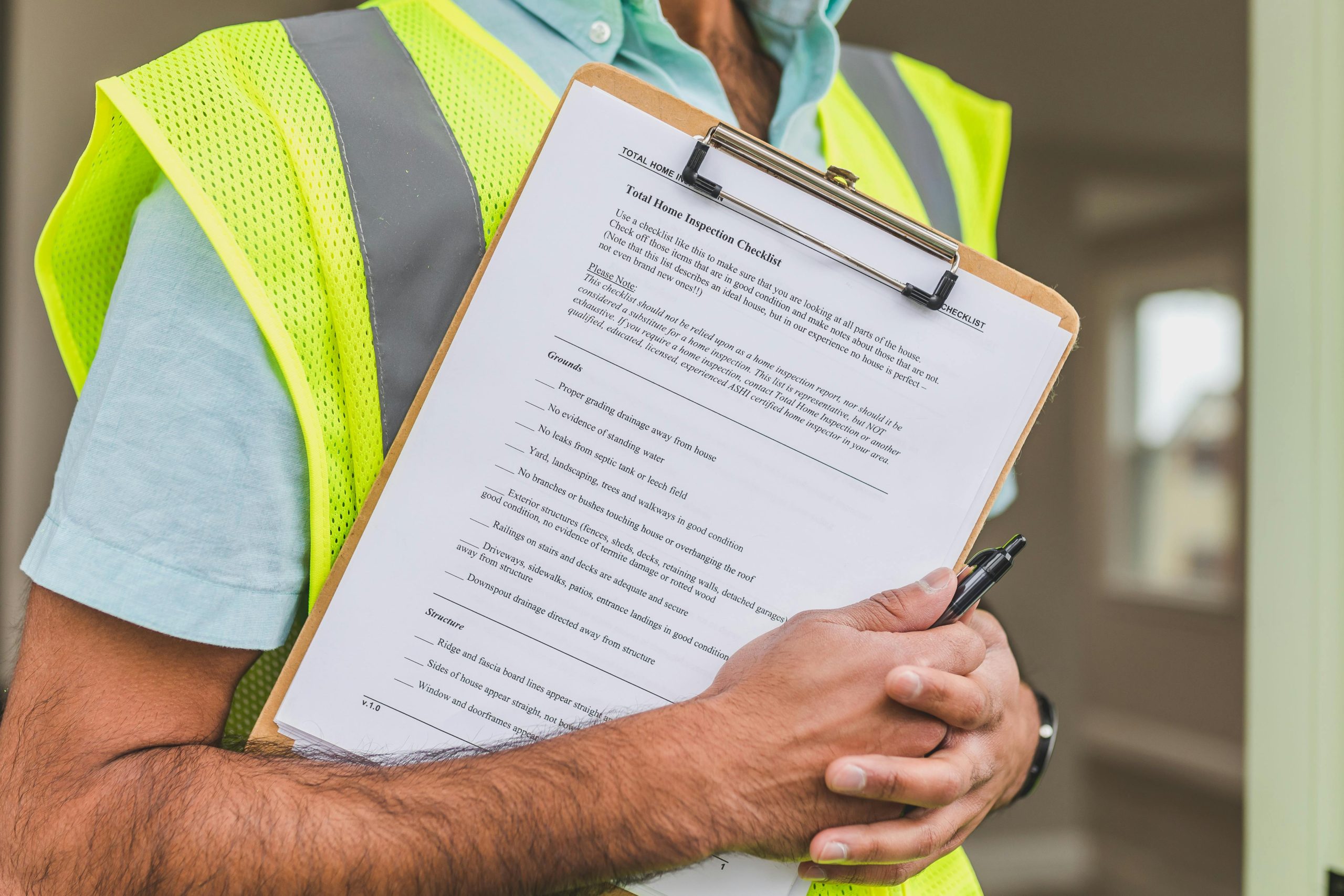Earnest Money: Your First Real Commitment to the Home
Buying a home is a lot like starting a serious relationship. You meet a great house, imagine your future together, and then — boom — you’re asked to put down earnest money. No pressure, right?
Earnest money is a key step in the homebuying process. It’s not a fee or a tip, but rather a deposit that says: “I’m in.” It’s your first financial move that shows you’re ready to go steady with a property. And while it may sound intimidating, it’s actually a helpful layer of trust for both the buyer and the seller.
Let’s break it down — minus the real estate jargon and with just a touch of humor.
What Exactly Is Earnest Money?
Earnest money is a buyer’s financial promise, deposited shortly after a home offer is accepted. It’s usually held in an escrow account by a third party until closing. Think of it as a reservation deposit for the house, except instead of holding your dinner table, it’s holding your dream home.
If the deal goes through, the money gets applied to your closing costs or down payment. If not? Well, that depends on how and when things fall apart.
How Much Do You Typically Put Down?
The earnest money amount varies, but generally it falls within these guidelines:
- Standard Range: 1% to 3% of the purchase price
- Higher in hot markets: To stand out in a bidding war, buyers may offer more
- Luxury or high-demand properties: Bigger numbers are expected
For example: On a $350,000 home, 2% earnest money would be $7,000. A sizable sum — which is why knowing how it works matters.
When Do You Pay It?
The clock usually starts ticking once the seller accepts your offer. Earnest money is typically due within 1–3 business days of signing the contract. Payment methods vary by state and brokerage, but it’s often via wire transfer or certified check.
This deposit is not made out to the seller — it goes into a neutral escrow account. Nobody’s pocketing it just yet.
Can You Get It Back?
Yes — if your contract includes contingencies that weren’t satisfied.
Here are some common refund-worthy scenarios:
- The home inspection uncovers issues and you back out within your contingency window
- The appraisal is lower than your offer and no compromise is reached
- Your financing falls apart, and you had a financing contingency
- The seller fails to meet contract terms or deadlines
In these cases, you typically get your earnest money refunded in full.
When Might You Lose It?
Earnest money isn’t guaranteed to come back just because you changed your mind. Here are some situations where you could lose the deposit:
- You back out after your contingencies have expired
- You miss a contractual deadline
- You decide to walk away with no contractual reason
That’s why your agent and lender will obsessively track dates and paperwork — to keep your investment protected.
Tips to Keep Your Earnest Money Safe
- Include clear contingencies in your offer (inspection, financing, appraisal)
- Meet every deadline in your contract — even the boring ones
- Work with experienced professionals who know your state’s process inside and out
- Stay responsive and transparent during the transaction
A Quick Story (Because Real Life > Theory)
One buyer we worked with loved a historic home downtown — gorgeous windows, creaky floors, character for days. But the inspection revealed thousands in foundation repairs. Because they had an inspection contingency, they chose to walk away. They lost some time and heartache, but kept their $5,000 earnest deposit.
Moral of the story: earnest money is safe when you’re cautious and contract-smart.
FAQ
Q: Is earnest money always required?
It’s not legally required, but in most real estate markets, it’s expected.
Q: Who holds the deposit?
A third-party escrow company, closing attorney, or title company holds it — not the seller.
Q: Does the seller ever keep it?
Yes — if you break the contract without a valid, agreed-upon reason.
Q: What if the seller cancels the deal?
You usually get your earnest money back. In some cases, legal action may be appropriate depending on the circumstances.
Final Thoughts
Earnest money isn’t just a financial hurdle — it’s part of a system that protects both buyers and sellers. It helps weed out the flaky offers and keeps negotiations on track.
Just remember: be clear, be prompt, and be guided by professionals who know the terrain. Your money — and your future home — deserve that level of care.




